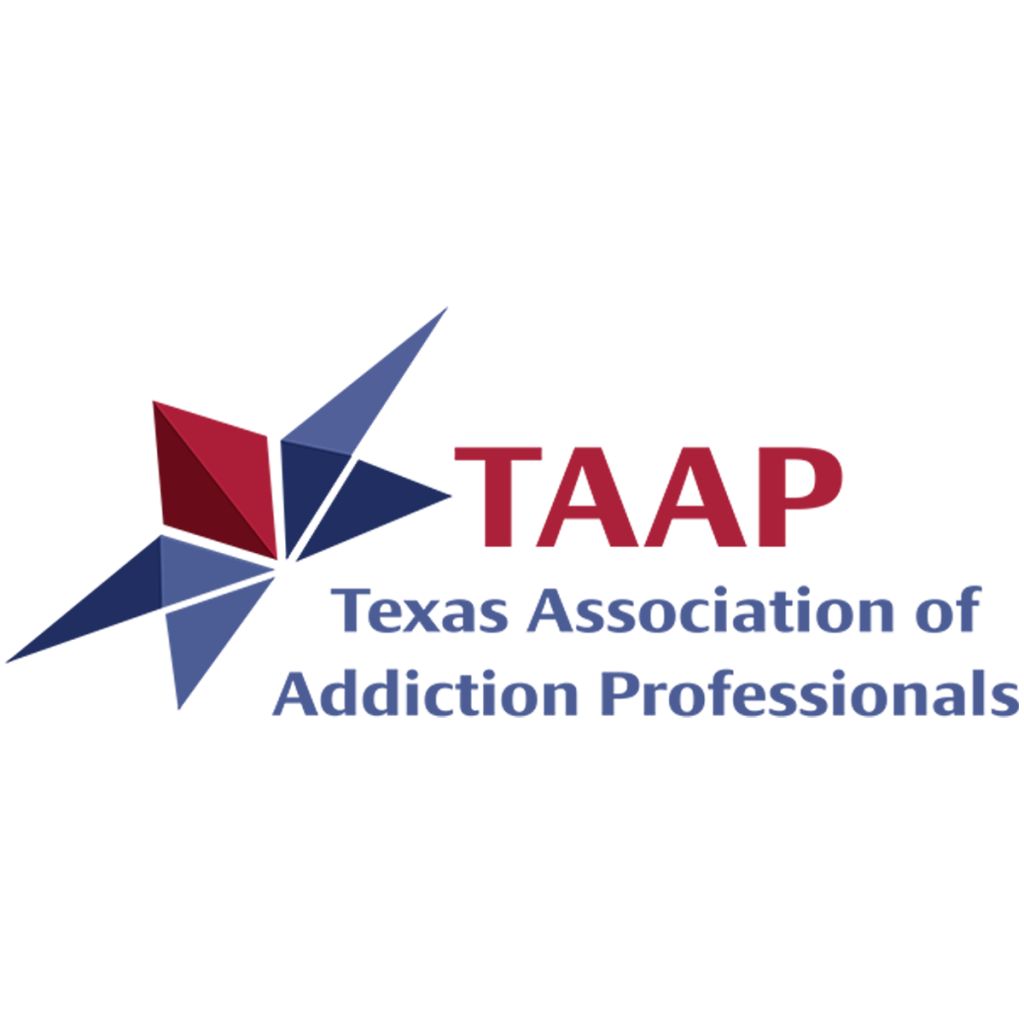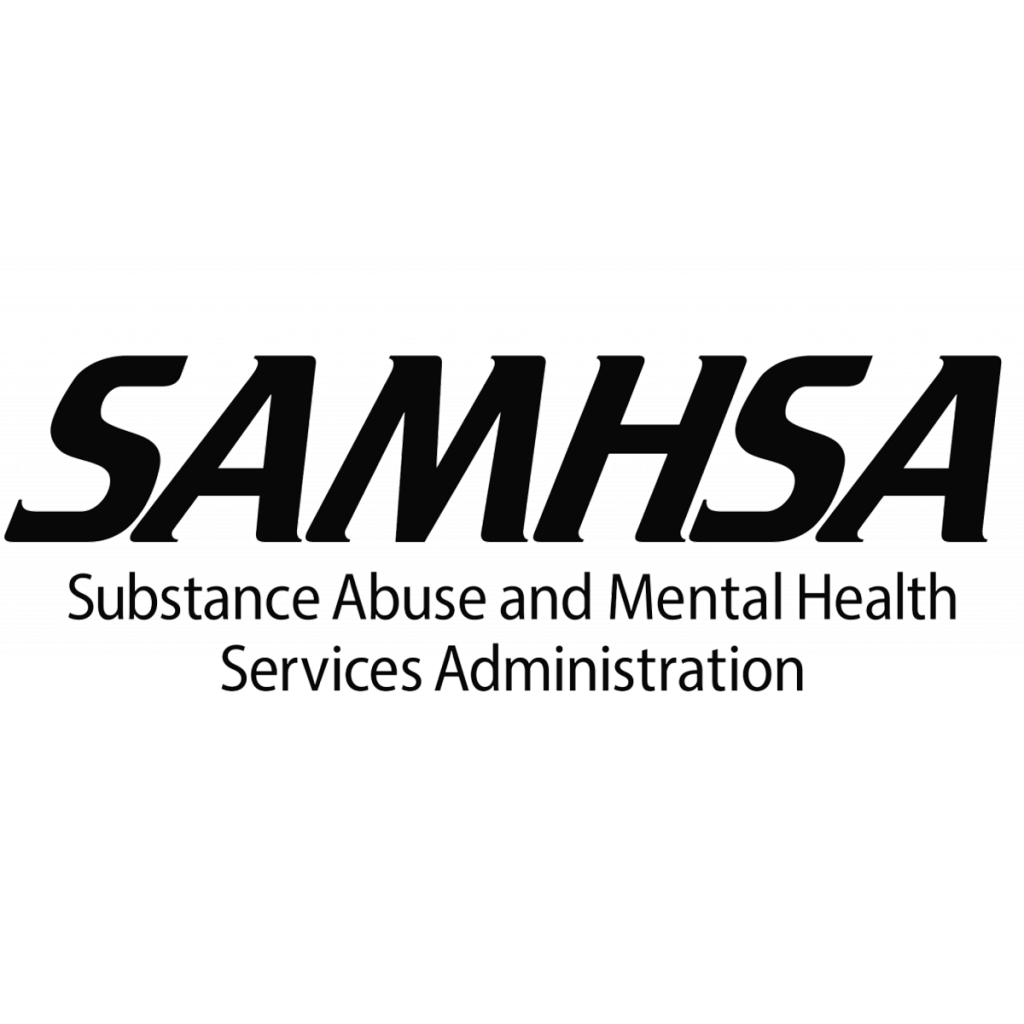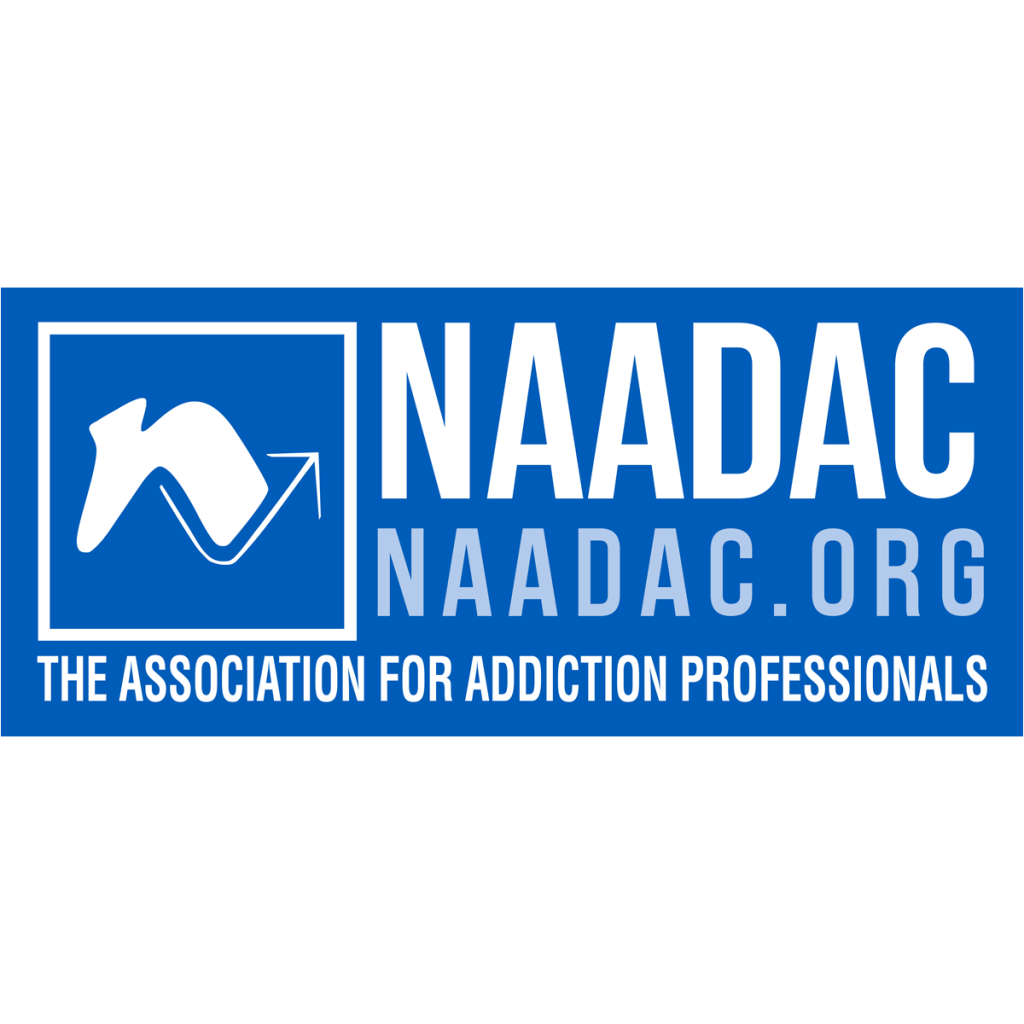
Table of contents
Drug addiction is a chronic health condition that inhibits an affected individual’s ability to control their behavior and impulses when it comes to their drug intake, despite the negative health and social consequences of their drug use. Drug addiction is such a dangerous disease because the long-term use of the drug affects our brain chemistry, leading to changes in our reward systems.
Drug addiction is widespread, in that one-in-ten adult Americans suffer from a Substance Abuse Disorder of some kind, according to the National Institute of Health. The Institute also reports that less than 20 percent of adults actually receive any type of treatment. This is due to a variety of factors that include distrust or a lack of belief in drug treatment, the stigma that lingers around drug use, a lack of education about drug abuse, and a lack of access to treatment centers, like Nova Recovery Center in Austin, Texas.
Given that the criticism about treatment could stem from a lack of awareness about the process, here are the major steps of the treatment process explained. The process consists of the following steps:
- Detoxing & managing withdrawal
- Rehabilitation
- Relapse Prevention
For Drug addiction Treatment – Detoxing and Managing Withdrawal
Detoxing refers to the process in which the drug is removed from the patient’s body by ceasing drug use. It is recommended that detox be done under the care of medical professionals due to the symptoms that present during withdrawal. These are experienced by the afflicted patient as the body and brain adjust to the absence of the drug and can include sweating, nausea, vomiting, cramps, an erratic heart rate, auditory and/or visual hallucinations, and constipation to name a few. Briarwood Detox Center in Austin, Texas is an example of a treatment center that caters specifically to this part of the process. In addition, to help manage the discomfort, medications can also be used during this process to counter withdrawal symptoms.
Rehabilitation
Rehabilitation is a treatment process that combines medications with behavioral therapy to help identify triggers in patients’ lives and offer alternatives to drug use for coping with those triggers. Rehabilitation clinics cater to a spectrum of patients, from high-end clinics to more affordable options. Rehabilitation offers a great benefit to recovering patients in that it provides an isolated environment in which they can slow down and take the time to deal with their disease.
Going to rehab doesn’t have to be voluntary, but does require the patient to take an active effort in improving and changing their behaviors and patterns. It teaches them new coping mechanisms and life skills and proves them a chance to network and find a community of those afflicted with the same condition.
Related post: Get to Know Emily’s Experience During Rehabilitation
Relapse Prevention
This involves both medication and checking in on the patients after they leave the rehabilitation center. This is key as relapse is preventable with the right changes in behaviors and with a strong support system. Most centers offer an aftercare program that could last up to 15 months after release and includes check-ups, help to manage medications, and offering patients coping strategies that could help them offset cravings.
Drug addiction is a dangerous disease made even more threatening by the lack of access to care. Demystifying the Drug addiction treatment process and educating others on the steps you have to take could make the difference in whether someone gets treatment or not. If you or a loved one needs help battling this disease, take the first step and reach out to a loved one or a trained professional.
Where Do I Turn For Help?
Potential lethal overdoses via unintended exposure to fentanyl can be avoided by educating both yourself and others about the drug and its risks and by seeking professional treatment for any existing addiction/s. Ending your own struggle with an ongoing addiction or supporting a loved one through their recovery process is one of the best things you can do to protect yourself or your loved ones from the dangers of fentanyl-laced prescription drugs. If you feel that you need help with an addiction and want to learn more about outpatient drug rehab in Austin, Texas, please call Nova Recovery Center at (888) 427-4932 or contact us online today.





